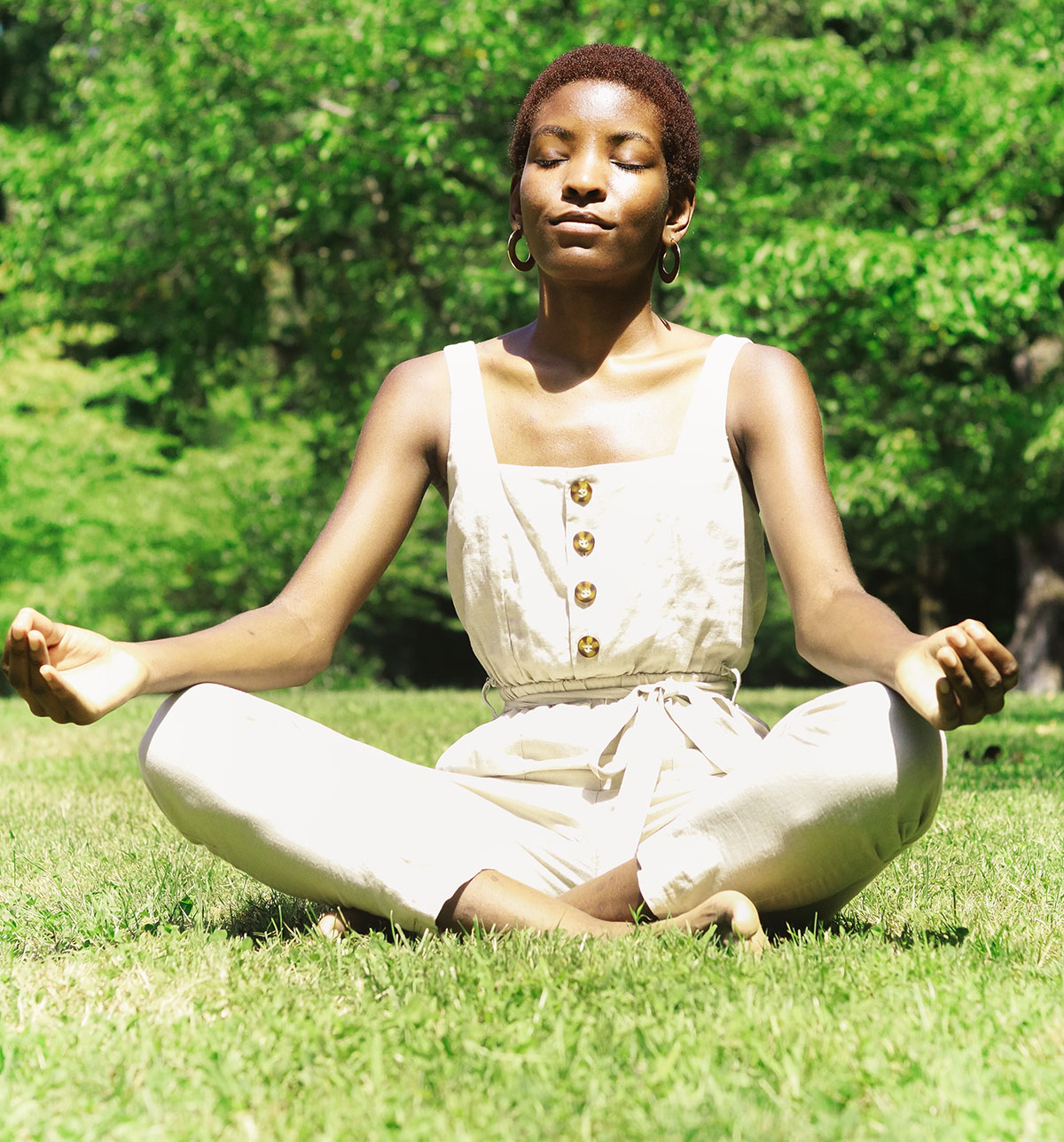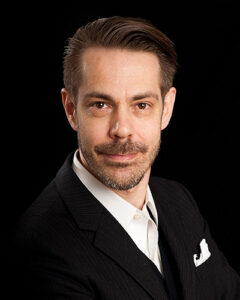
The power of self-awareness
By Stephen Moffitt
How often do we stop everything, close our eyes and listen to our inner self, our heart?
The answer for most of us is somewhere between, “Not often” and “What are you talking about?” Life seems full of demands, events that happen or vaguely defined desires that never quite satisfy if they are reached. Even if we do get a moment to ourselves, we are often so tired and burnt out that the last thing we want to do is anything that resembles serious work.
When Covid appeared, it gave us the opportunity to stop and reflect. This opened the door to reconnecting to ourselves and listening to the values that drive us.
Suddenly, there was no more commuting, no more taking the kids to their activities, no more running around getting potting soil or going off to the airport for the next trip abroad. Instead, there was the uncertainty and spectre of unemployment, isolation and possibly death. A Office of National Statistics survey in September 2021 recorded that a third of all adults self-reported high levels of anxiety, while just over a tenth of the respondents reported high levels of unhappiness. A survey conducted by the Institute for Social and Economic Research at the University of Essex found the same results: across all types of people, there was a “substantial and statistically significant worsening of levels of psychological distress during the pandemic”.
In this environment of uncertainty and profound disruption of the sense of security, fear and needs (more like a kind of neediness) become the dominant driver for our behaviour. As early as August of 2020, psychologists in the US were already noting an increase in aggression and anger connected to Covid. As Dr David Rosmarin noted that aggression is a “secondary emotion”, one that is driven by the primary emotion of fear. The fear can be a survival fear: “Will this person give me Covid?”, which triggers anger when they get too close to me or don’t wear a mask. It can also be a fear of being punished: “They’ll lock me up if I don’t behave the way they want,” which triggers anger at the person who asks them to wear a mask. Regardless of the form of fear and its manifestation, we are living in a cycle of reactivity. Each stimulus from the world triggers an automatic reaction, without us even being aware of it.
Reconnecting
For years, the London School of Self-Awareness has studied reactivity and how we can move from it. What we have understood is, if we want to escape the cycle of reactions driven by fear, we need to reconnect with ourselves. By this, we do not mean our individual physical selves, but what some have called our higher or inner selves. The higher self can see beyond the immediate needs of the body. It is sensitive to the complex web of relationships that connects us to others and the broader environment. This part of us also hosts our deepest values and aspirations. When we are in touch with this part of us, we have a different frame of reference, which leads to novel choices and actions.
A self-awareness meditation is one of the tools that we have to connect to this part of ourselves. In this meditation we can begin to operate from values instead of fear. The practice can help us take distance from the noise in our heads, which is the result of our fears. This distance can create a space of silence inside where we can hear our higher selves. The meditation is very simple on one level. You only have to sit comfortably and listen to your breath. The challenge is that it is much harder to do.
One of the first things that we can discover in doing this practice is how much noise we have inside our heads. Often when people are meditating, they find themselves full or worried and fearful voices, voices that demand they take actions, often driven by a kind of neediness. This is reactivity at work. It this whirl of thoughts: “They shouldn’t have said this to me.” “I hope they let me go home early to pick up my daughter.” “Why are the politicians so stupid?”, that lead to aggression. As R J Blair noted in his paper, Considering anger from a cognitive neuroscience perspective, “Reactive aggression is triggered by a frustrating or threatening event and involves unplanned, enraged attacks on the object perceived to be the source of the threat/ frustration.” In meditation, we can begin to detach from the myriad of voices inside. This is, paradoxically the beginning of reconnecting. In the calmness of the meditation, these voices can become just noise, not something we feel we have to obey.
The next step in the meditation is to listen. In the silence that eventually comes when we can create enough distance from our thoughts, emotions and physical sensations, we can hear a new voice. There is a part of us that is always there, but seldom heard. We have discovered that this part is not limited by the material body or the habits that make up most of our life. It is here that we can encountered our true values. These are not “morals” or ideas that we are supposed to follow, but the aspirations that fill us with energy and gratitude.
The process of reconnecting to ourselves and discovering our values through this meditation is only one step. The biggest challenge is to bring the experience of the meditation more and more as a part our daily lives, to try to live in the same state that we can sometimes reach in the meditation.
Just after the lockdown began, the London School of Self-Awareness began a series of online, weekly sessions to share the value of this kind of meditation with others. Listening to Myself has been an amazing opportunity to share with others the experience we both have had in reconnecting to ourselves and creating the space inside so we can manifest our values in the world. After nearly forty consecutive weeks of the session, we have witnessed the profound effect people experience when oriented towards themselves and their higher selves. We have seen how reconnecting was at the base of these profound effects. The more we reconnect, the less reactivity has a hold over us. As a result, our life can become, more than ever, in our hands.
About the Author

Stephen Moffitt has been involved with the London School of Self-Awareness for 20 years as a student and speaker. He is co-founder of the Listening to Myself meditation sessions. In addition to his work with LSSA, he is a partner in Atmosphere, a strategic consultancy helping senior leaders guide their organisations through disruption and uncertainty.





